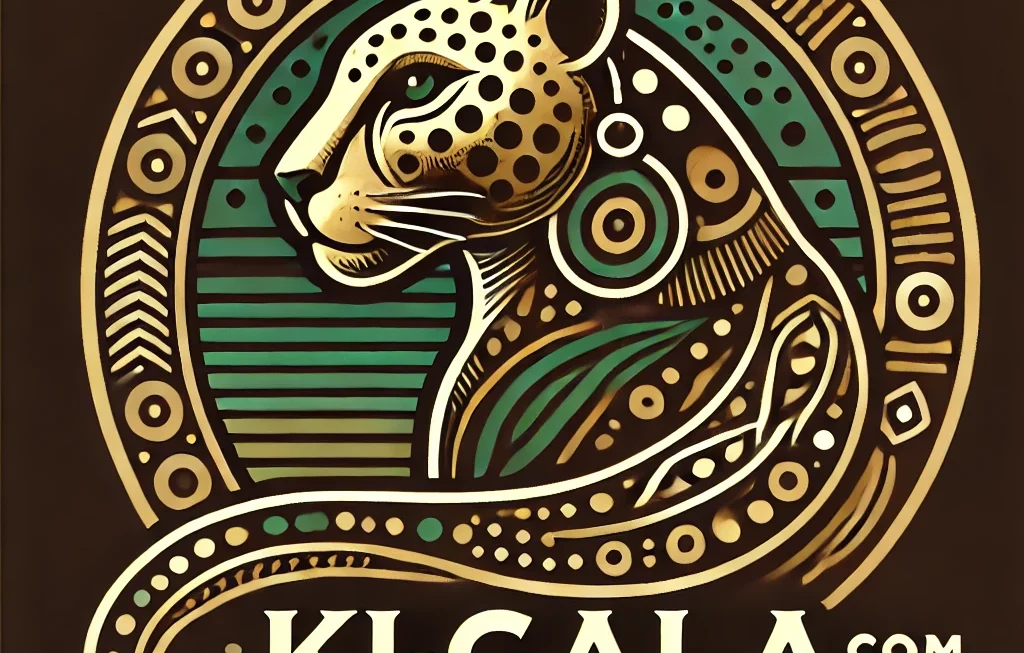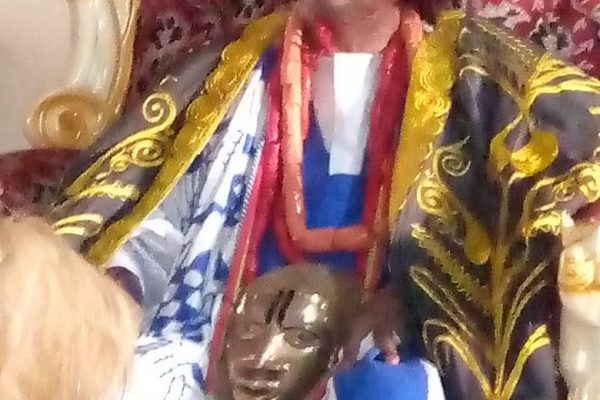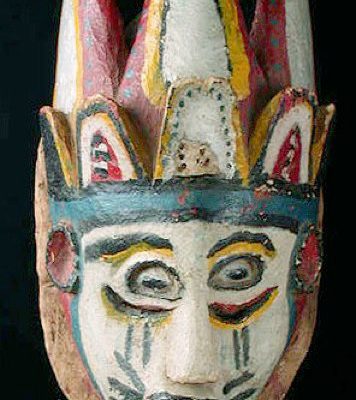Distinguishing between the interpretations and classes of three Igala words, synonyms and more.
The Igala: Preserving the Legacy of Ancient Habits and Beliefs
The Igala people of Central Nigeria possess a rich heritage of habits and beliefs that, in the past, governed their daily lives and spiritual practices. These customs, steeped in simplicity and reverence, fostered a society built on respect, balance and connection to the divine. However, the challenges of modernity threaten the sustenance of these age-old traditions. Therefore, reflecting on their cultural significance becomes vital for their preservation. Rhythms of Igala Daily Life Life in Igala, […]
ONE WORD (EBI) MANY MEANINGS
In Igala language, like in many other languages, one word can produce diverse meanings, depending on the different tones used to articulate it. Some of these words are often categorized as homonyms and heteronyms. Let’s explore what they mean and look at some examples, using the unmarked word of the day: EBI. The unmarked form, ‘ebi’ is meaningless; but when it is pronounced with varied tone combinations, its meanings emerge naturally. 1. Homonym: ÈBI A […]
Euphemism: A Catalyst for Polite Expression in Igala language and Culture
In any vibrant Igala speech community, euphemisms serve as the spices that give unique flavour to the language. A euphemism, simply put, is a gentle or indirect word or phrase is used to express a sensitive or an unsavoury idea. But, in Igala speech, euphemisms are more than just polite language – they represent finesse, creativity and a deep understanding of the human experience. Euphemisms, in Igala thought, go beyond linguistic embellishments on the surface, […]
The Tale of the Toad Beating the Hertebeest
In the vast, untamed savannahs of sub-Saharan Africa, there roams a creature both feared and admired: the Hertebeest, “Ọ̀chàchàkolo” (or “Ọ̀chà, for short), as it is known in the Igala language. This majestic African antelope (its other name), with its sleek body and powerful legs, is the epitome of speed, strength, and endurance. Capable of reaching speeds of up to 80 kilometres per hour, the Hertebeest is a symbol of agility in African folklore, a […]





